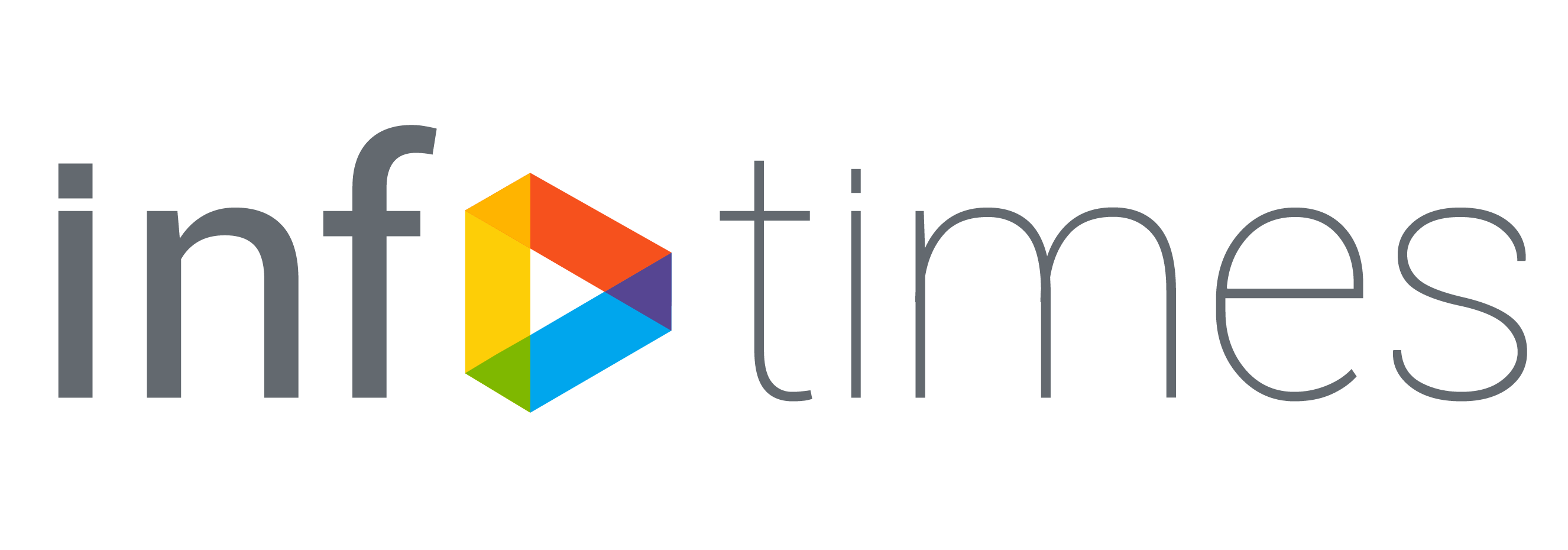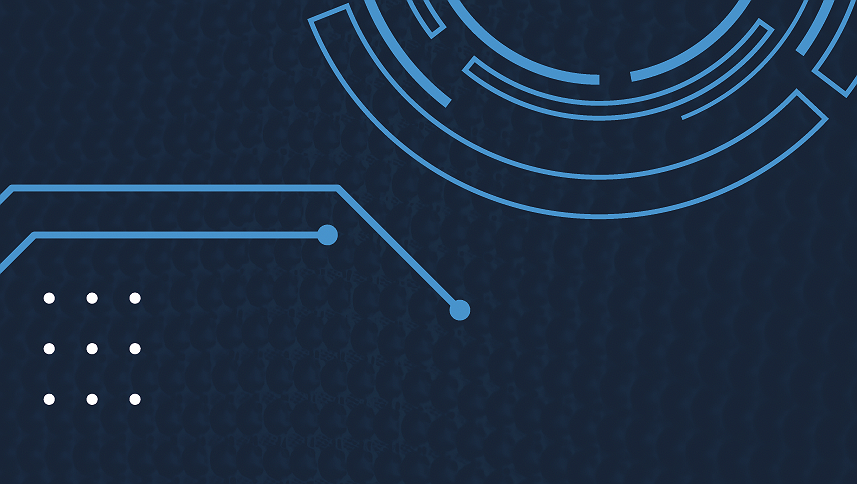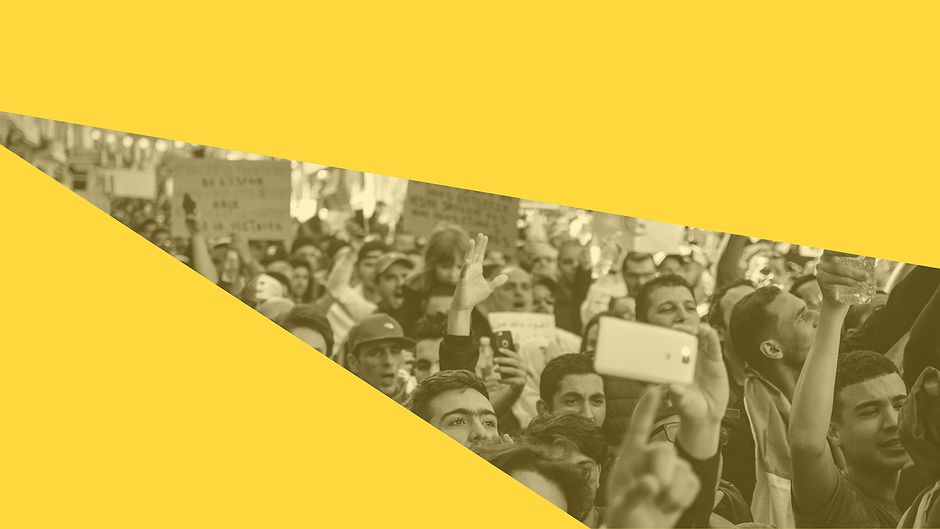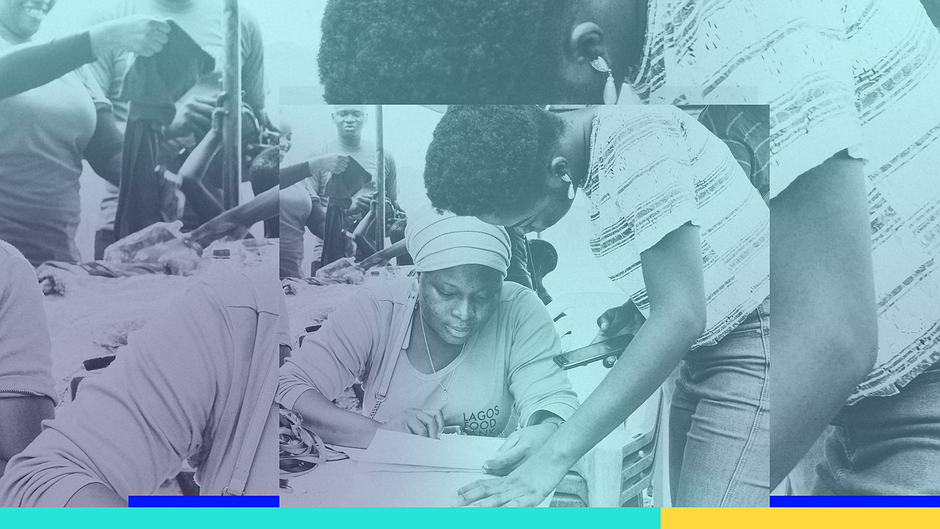Data
60 mins
Data Gathering for Beginners
- Abstract:
- Are you interested in data journalism or using data to help your advocacy or social development project? Can data help you understand and analyse your challenges better but you don’t know where to start? This course is a gentle introduction to data basics where you can find data and what to do with it.
- About this course:
- This course is designed for human rights activists and journalists who would like to use data to support their advocacy work or tell stories. It includes a gentle introduction to some basic data concepts and will also introduce you to various ways you can source data by using data portals, searching data online or collecting your own data through surveys. You’ll also learn about verifying data so you can be sure it’s reliable. You will also dive in some common misconceptions and learn how to avoid traps like calculating the wrong average or asking leading questions in your surveys.
- What do I learn:
- By the end of the course you will have an understanding of how to approach data-driven stories or projects. You will learn basic data wrangling skills which will allow you to find and begin analysing data. You’ll also learn about the importance of verifying your data and some basic techniques for doing this.
- What do I need to know:
- This course is suitable for anyone who is interested in getting started with data and all you need to take this course is a computer. You don't need any coding, special technical skills or advanced knowledge of how to work on spreadsheets.
Trainers
- 1.1 Introduction to course1.2 What is data?1.3 What is data? Quiz!
- 2.1 The Average Trap2.2 Where things can go wrong2.3 Quiz: Avoiding Common Misconceptions
- 3.1 Finding data
- 4.1 Introduction4.2 Source verification4.3 Content verification4.4 Quiz: Verifying data sources
- 5.1 Introduction5.2 How to design a good survey5.3 Why validation matters5.4 Why validation matters5.5 Being responsible with the data we collect5.6 Quiz: Primary data
- 6.1 Wrap up
Related courses

90 mins
 School of Data
School of Data
90 mins
 School of Data
School of Data Infotimes
Infotimes
30 mins
 Infotimes
Infotimes
Suggested reading

Blog
Building Capacity for Monitoring & Documenting Human Rights Violations
The purpose of this assessment is to evaluate the efficacy of strategies used by HRPs/HRMOs for communicating during blackouts. The goal of this project envisages to see a ZimbabweanCivilSociety that is prepared to document and monitor human rights violations without hiccups during internet shutdowns.

Blog
Advocacy Assembly Internet Shutdown Academy: Creative Strategies to Fight Back
Internet shutdowns are occurring increasingly globally, posing significant threats to freedom of expression, access to information & economic growth. These shutdowns manifest in various forms through different technical measures & are implemented by governments in various circumstances. Responding to this threat of internet shutdowns, Advocacy Assembly designed the Internet Shutdown Academy, a set of 10 full online courses in 7 languages!

Blog
Evaluating the Efficacy of State-Imposed Telecom Shutdowns in Northwest Nigeria
This article casts doubt on the shutdowns' effectiveness in curbing banditry, exposing alternative explanations for any temporary decrease in attacks. It questions the legitimacy of justifying these shutdowns as effective counter-terrorism measures, advocating for alternative approaches that prioritize community engagement, human rights, and development initiatives to address the root causes of insecurity and foster lasting peace in Northwestern Nigeria and Nigeria at large.

Blog
Impact of the Twitter Ban in Nigeria
This post is a research study on the impact of the Twitter ban in Nigeria on Human Rights Monitoring, Advocacy and Creativity. Read more.

Blog
Four Free Toolkits to Fight Internet Shutdowns
Let’s tell you a little bit more about each toolkit!

Blog
The Impact of Internet Disruptions on Farmers in Nigeria
In Nigeria’s Northwestern Sokoto State, farm workers grapple with geopolitical challenges, shifting climate realities, and economic turbulence. However, they now face a new, growing threat: a troubling rise in internet disruptions, which threatens their ability to work in an increasingly digitally connected world. Read more.

